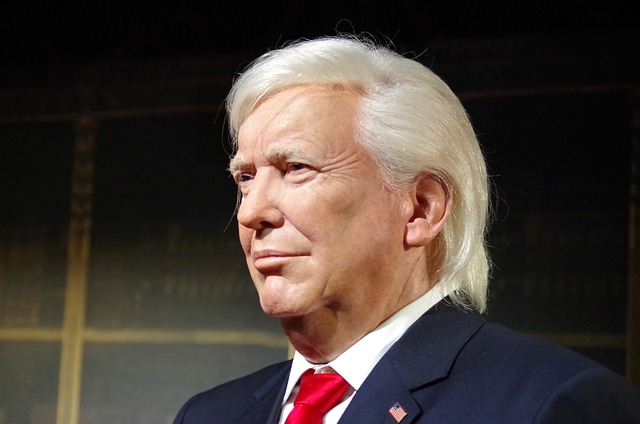The Trump administration is reportedly reviewing federal funding for two significant climate pollution removal projects in Texas and Louisiana, including one located in House Speaker Mike Johnson’s district. The potential cuts come shortly after the Department of Energy announced nearly $8 billion in reductions to broader federal energy programs. The affected projects include $50 million grants for direct air capture hubs, systems designed to extract carbon dioxide from the atmosphere. One of these hubs, Project Cypress, is situated in Johnson’s district.
It remains uncertain which projects will ultimately be terminated or when official announcements will be made. Some companies participating in these initiatives have not yet received formal communication from the federal government regarding their funding. Christoph Gebald, co-CEO of Climeworks, a company involved with Project Cypress, said market rumors have circulated, but the Department of Energy has not issued a definitive decision.
Direct air capture technology relies on chemical processes to remove CO2 from the atmosphere. The captured carbon can either be stored underground or used in industrial products, such as cement. Advocates argue that developing these hubs is essential, particularly in oil- and gas-producing states like Texas and Louisiana, where they could help reduce emissions while supporting local industries.
Economic and Political Implications
Louisiana’s Republican Governor, Jeff Landry, has publicly supported the state’s project and encouraged federal lawmakers to safeguard it from any potential cuts. Supporters emphasize the economic impact these initiatives could have, highlighting billions in investment and thousands of new jobs tied to the emerging carbon removal sector. Erin Burns, executive director of Carbon180, described the hubs as a “huge economic boon.” Similarly, Giana Amador of the Carbon Removal Alliance and Ben Rubin of the Carbon Business Council warned that withdrawing funding could harm local economies and undermine U.S. competitiveness in a rapidly growing industry.
Despite mounting concern from stakeholders, the Energy Department has maintained that its review of projects is ongoing. Spokesperson Ben Dietderich stated that no new determinations have been made beyond previously announced reductions, emphasizing that each project is undergoing an individualized review of awards made under the previous administration.
Energy Secretary Chris Wright also addressed the review, confirming that potential grant cancellations are being considered across states, regardless of political affiliation. He stressed that the funding decisions are not tied to the current government shutdown and are not aimed solely at projects in Democratic-leaning states, countering claims made by White House officials suggesting political bias. “We’ve announced project cancellations before that in both red and blue states, and as this fall goes on, you’ll see cancellations in red and blue states,” Wright said.
The full list of funding decisions has yet to be released, but Wright indicated that details will be made public in the coming weeks. In the meantime, project advocates and local officials continue to lobby the Department of Energy to maintain support for these carbon removal initiatives, citing both environmental and economic benefits.




